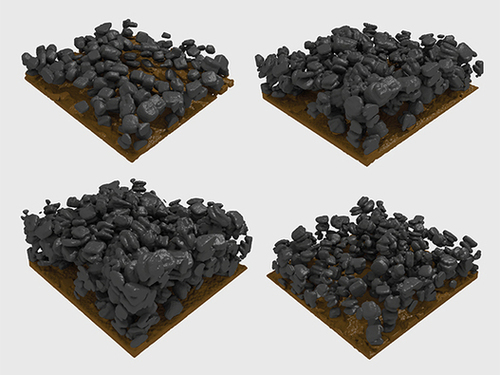Standard lithium-ion batteries, like the ones in everything from your cell phone to your plug-in electric vehicle, have electrodes that contain intercalation compounds. They are capable of charging and discharging without substantial change in volume or structure, but are limited with regard to energy density. Recently, much work has been done on battery materials with significantly higher energy densities, but these materials typically degrade extremely quickly. Now, for the first time, researchers have found a way to see clearly what is really happening inside the electrodes that leads to that short lifespan, potentially opening a way to engineer our way around the problem. They published a study Thursday in the journal Science.
See on spectrum.ieee.org








